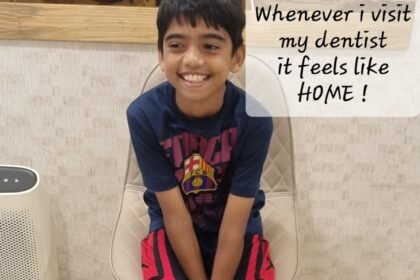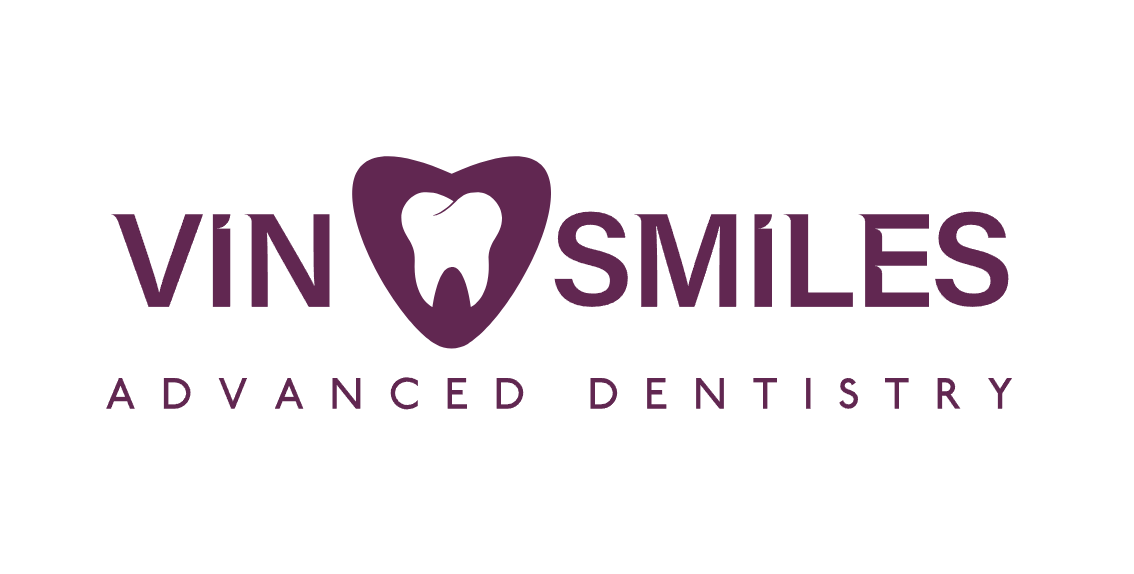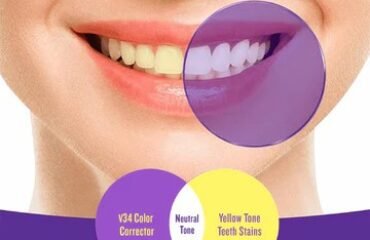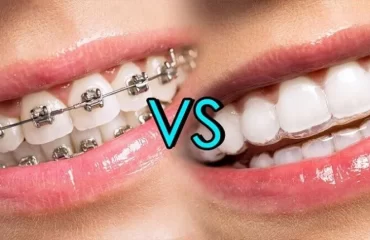 CHILD DENTISTRY What is the youngest age to go to the DENTIST and why? The Indian Dental Association (IDA) recommends that the ideal time for the child to see a dentist is at approximately one year of age. This is an ideal time for a dentist to carefully examine the development of your child’s mouth, because dental problems often start early, the sooner the visit the better.To safeguard against problems such as baby bottleA tooth decay , teething irritations, gum disease and prolonged thumb sucking , the dentist can provide or recommend special preventive care.You can take your child’s first dental visit as early as the first tooth appears through the gum. HOW DO I PREPARE MY CHILD AND MYSELF FOR THE VISIT?
CHILD DENTISTRY What is the youngest age to go to the DENTIST and why? The Indian Dental Association (IDA) recommends that the ideal time for the child to see a dentist is at approximately one year of age. This is an ideal time for a dentist to carefully examine the development of your child’s mouth, because dental problems often start early, the sooner the visit the better.To safeguard against problems such as baby bottleA tooth decay , teething irritations, gum disease and prolonged thumb sucking , the dentist can provide or recommend special preventive care.You can take your child’s first dental visit as early as the first tooth appears through the gum. HOW DO I PREPARE MY CHILD AND MYSELF FOR THE VISIT?- Talk to your child about what to expect and build the excitement as well as understanding about the upcoming visit.
- Bring with you to the appointment any records of your child’s complete medical history.
- It is important to remember that the dental health of baby teeth is very important as they not only hold space for permanent teeth but they are important for chewing ,biting , speech and appearance .
- First visits are introductory , ice breakers to acquaint your child with the dentist and the clinic.
- If the child is frightened, uncomfortable or non-cooperative a rescheduling may be necessary .
- Patience and calm on the part of the parent and reassuring communication with your child are very important in these instances.
- Short, successive visits are meant to build the child’s trust in the dentist and the dental office and can prove invaluable if your child needs to be treated later for any dental problem.
- Allow your child to become familiar with the sights, sounds and smell of the dentist.
- Allow early detection of tooth decay and other dental conditions.
- Enable dental staff to give advice and instructions on tooth brushing and on good eating habits.
- For child under 2 years of age the parent may have to sit in the dental chair and hold the child during the examination .
- A gentle but thorough examination of the teeth, jaw, bite ,gums and oral tissue to monitor growth and development and observe any problem areas.
- If indicated, a gently cleaning which includes polishing teeth and removing any plaque, tartar build up and stains: X rays : a demonstration of proper home cleaning : assesement of the need for fluoride.
- The dentist should be able to answer any questions you have and try to make you and your child feel comfortable throughout the visit . The entire dental team and the office should provide a relaxed , non threatening environment for your child.
- Take your child for a preview or online tour of our office.
- Read books about them going to the dentist
- Speak positively about your own dental experience
- Allow your child to visit the dentist with you or with other older siblings.
- Do not us ethe word such as drill or needle. The dentist will use special words to explain things.
- Talk about the good things about visiting the dentist such as counting teeth and learning how to care for them.
- Make the dental appointment an accepted part of regular routine..not a pecial event.
- Inform the dental staff of any medical condition or past incident which may affect ypur child”s behaviour and ability to cope.
- This will allow the dental team to adjust their approach.
- Accompany your child to the dentist.
- Be a passive observer , to enable dental staff to capture and hold your child:s complete attention.
- Children, like adults should see the dentist every 6 months.
- Some dentists may schedule interim visits for every 3 months when the child is very young to build up a comfort and confidence level or to treat a developing problem.
- Milk are very important as they have to last for about 6-10 years until permanent teeth set grows.
- Caring for milk teeth encourages good dental health and oral hygiene habits. Hence schedule routine dental appointments for the child for dental treatments should be taken care of.
- Decay occurs when sweetened liquids are given and are left clinging to an infant’s teeth for long periods.
- Each time your child drinks sweetened liquids , acid attack for 20 minutes or longer. After many attacks, the teeth can decay.
- Its not just what you put in your child’s bottle that causes decay, but how often and for how long a time.
- Allowing your child with a bottle of sweetened liquid many times a day or during naps or at night can also harm the child’s teeth.
- After each feeding, wipe the baby’s gums with a clean gauze pad.
- Begin to brush the teeth when the first tooth erupts.
- Clean and massage gums in areas that remain toothless.
- Never allow your child to fall asleep with a bottle containing milk, formula, fruit juice or sweetened liquids.
- Give the child a clean pacifier recommended by your dentist or physician.
- Never give your child a pacifier dipped in any sweet liquid.
- If your local water supply does not contain fluoride ( a substance that helps prevent tooth decay) , ask your dentist how your child gets it.
- Start dental visits by the child’s first birthday. Make regular visits. If you think your child has dental problems, take the child to the dentist as soon as possible.




